5 minute read
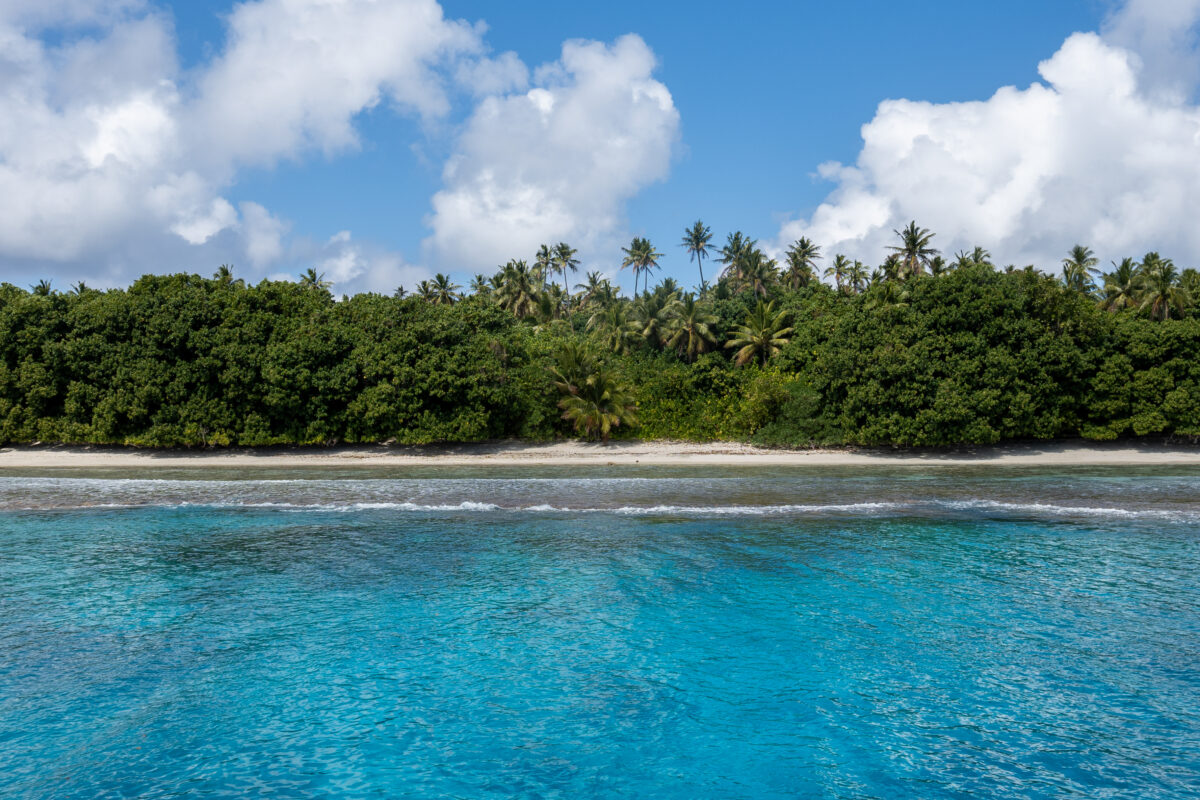
My next adventure took me across the Pacific to a small island developing state; The Kingdom of Tonga. Scott Portelli is a world-class photographer, the most recent winner of the Australian Geographic General Nature photographer award in 2024, and luckily for me, a friend of the scholarship society. I did some research and reached out to him asking if he was able to host me in a shared area of passion, science communication through photography. To my delight, he replied immediately and was super open and interested in the idea towards helping me.
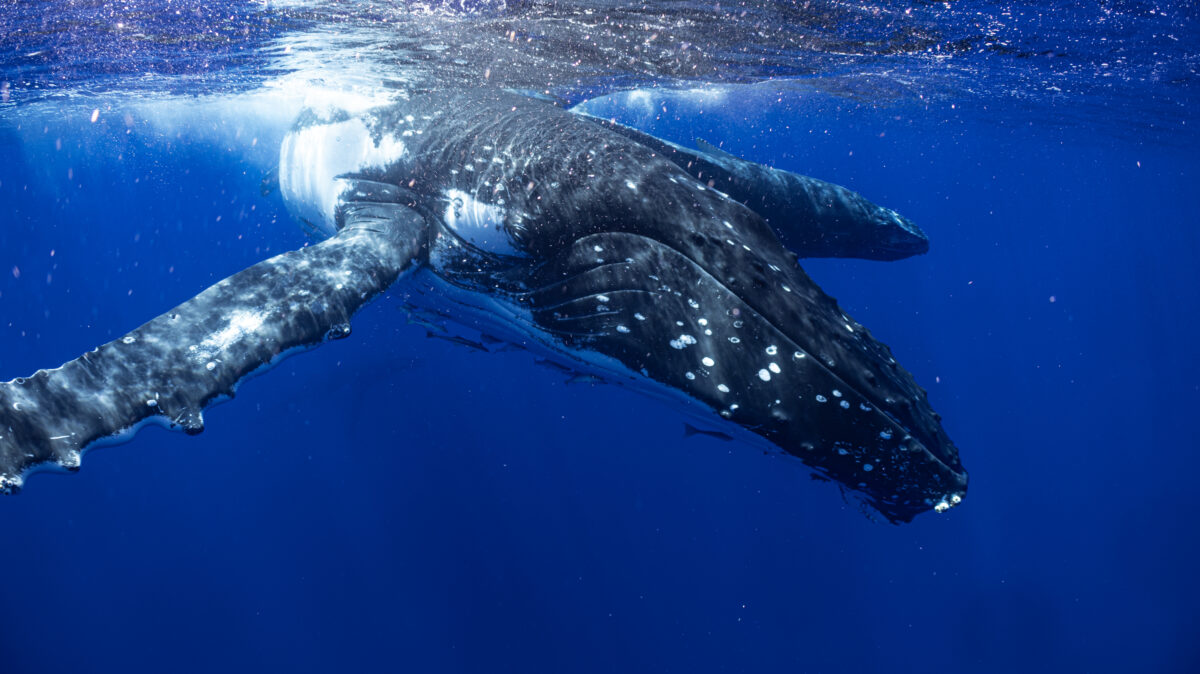
Scott hosts a company called Swimming with Gentle Giants (very fitting), which creates opportunities for people across the world to fulfil their dreams in Vava’u, Tonga. The goal for me there was to explore my interest and skills in the area of science communication and photography, while assisting the company in building and completing some citizen science activities.
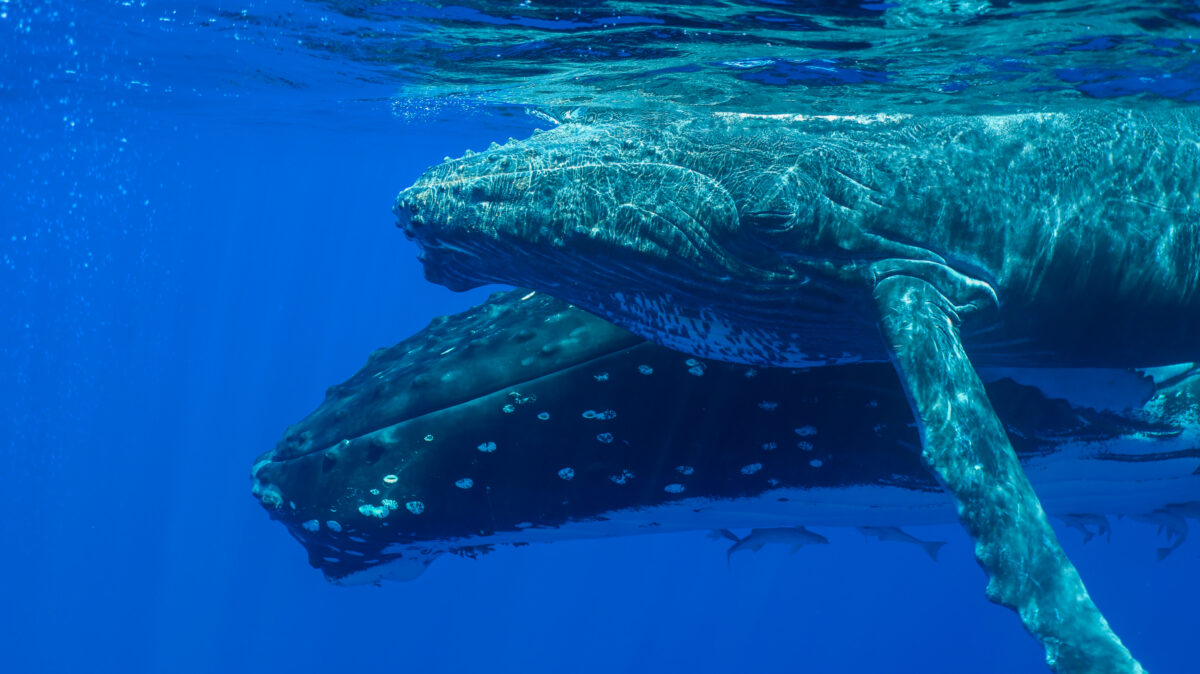
It’s almost impossible to capture the experience of swimming with a whale in words without it feeling inadequate. Their immense size is intimidating at first, stirring a bit of fear. But once you’re in the water with these gentle giants, observing their behaviour—how they protect their young, the way ‘escorts’ stand guard over the mothers, and how they swim so close yet remain keenly aware of never touching you. You can’t help but draw parallels to human traits. There’s a striking similarity in their nurturing, protective nature.
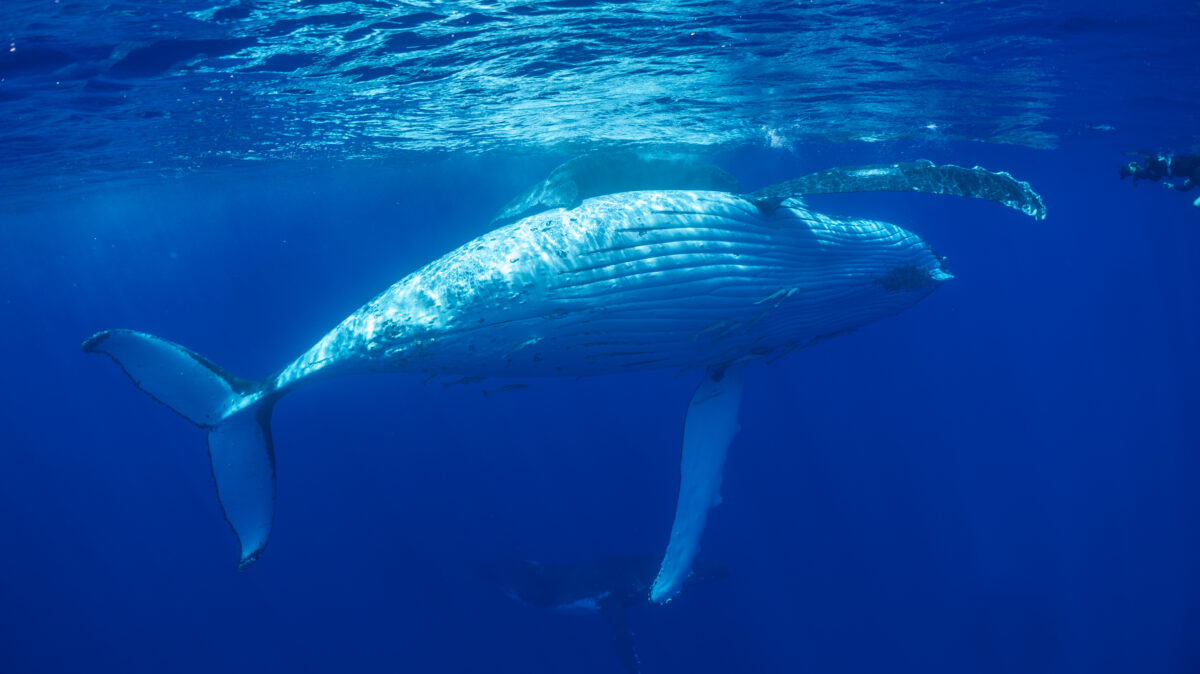
Their playfulness is irresistible, matched only by their gentle curiosity. They move with such fluidity. Despite our lack of shared language, there’s a connection through body movements — or maybe by trying to sing horribly into your snorkel in the hopes it’s a inter-species invitation to play together.
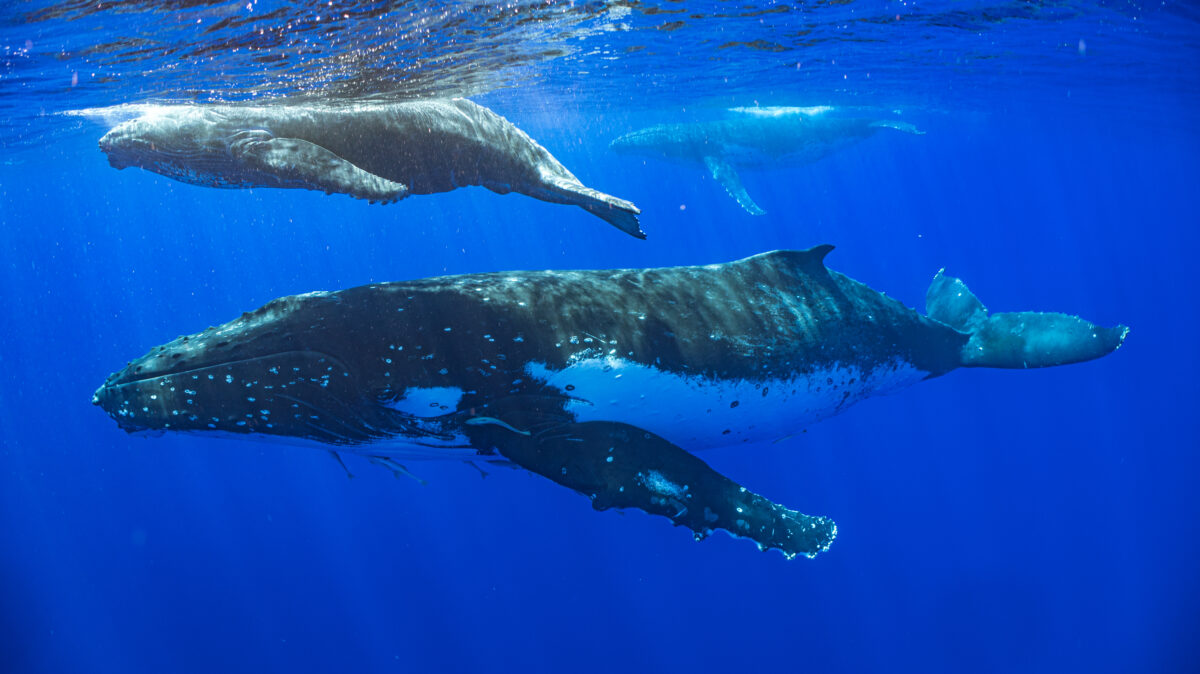
In the week-long adventure I had on the water, we were lucky enough to experience almost every single behaviour the whales display in Tonga. We got crazy young baby whales learning their super-sized abilities of breaching, peduncle-slapping, spinning right in front of us. We had mothers being chased by up to 10 horny males in what is called a ‘heat run’, where a number of whales are continuously moving extremely quickly in a race-like fashion to court the lady at the front.
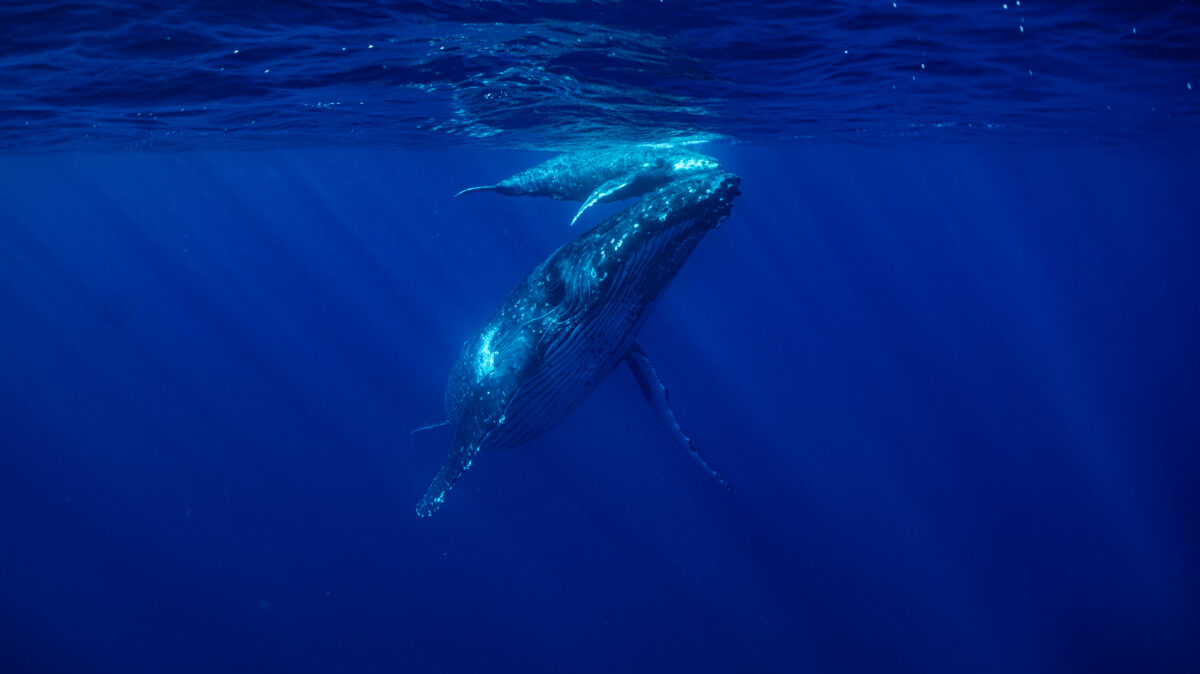
We also had ‘singers’, males singing a culturally distinct song to attract females which can almost blow your eardrums with how loud it is up close. Somehow, the first swim I got in Tonga was with a pod of pilot whales, and day two led to us being the second boat to discover a new baby white whale in the region, which has a rare skin condition that is either albinism or leucism.
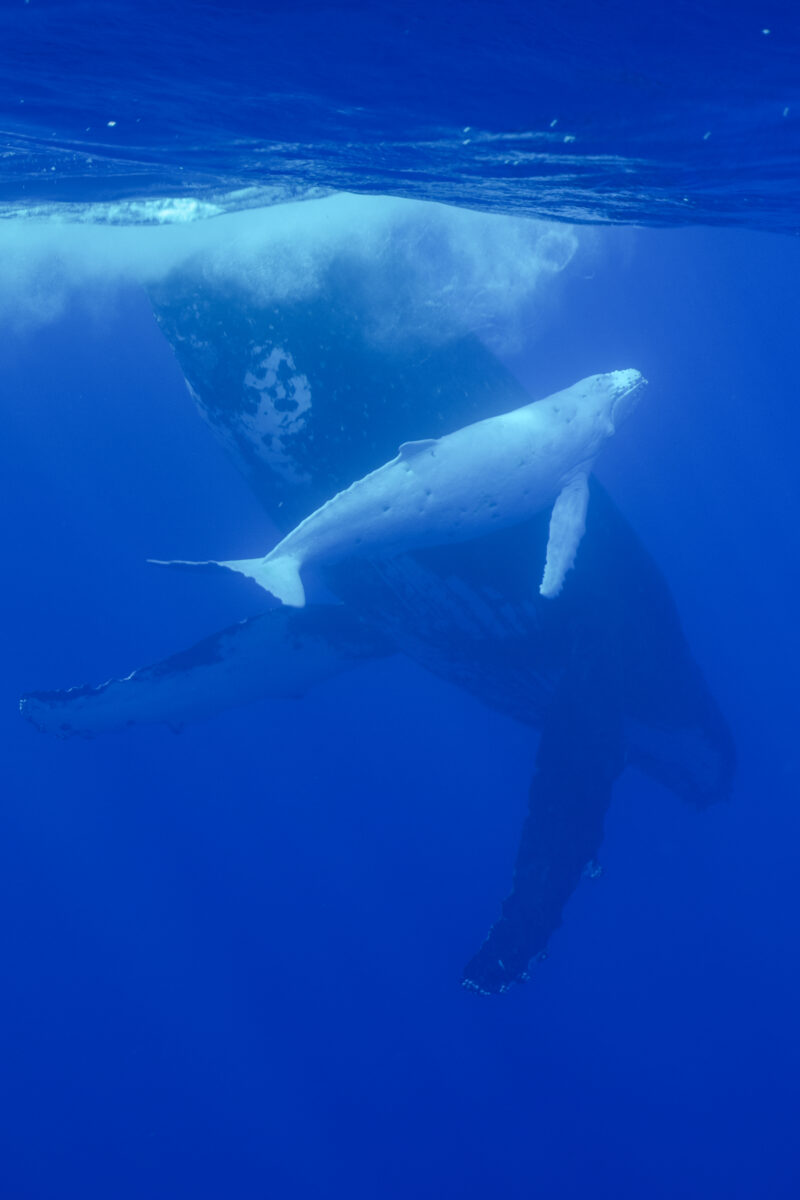
An fascinating thing scientists discovered is the tail of each whale is like a fingerprint to humans, unique. It makes identifying individuals quite easy with a simple photograph, and gives us the ability to track its population size, movements and structure. Each time I saw a whale we would try to photograph their tail either above or below water and upload it to Happy Whale, the citizen science database that hosts the program. You can see a few unique black spots, scraps and outer edge markings that are all defining features below.
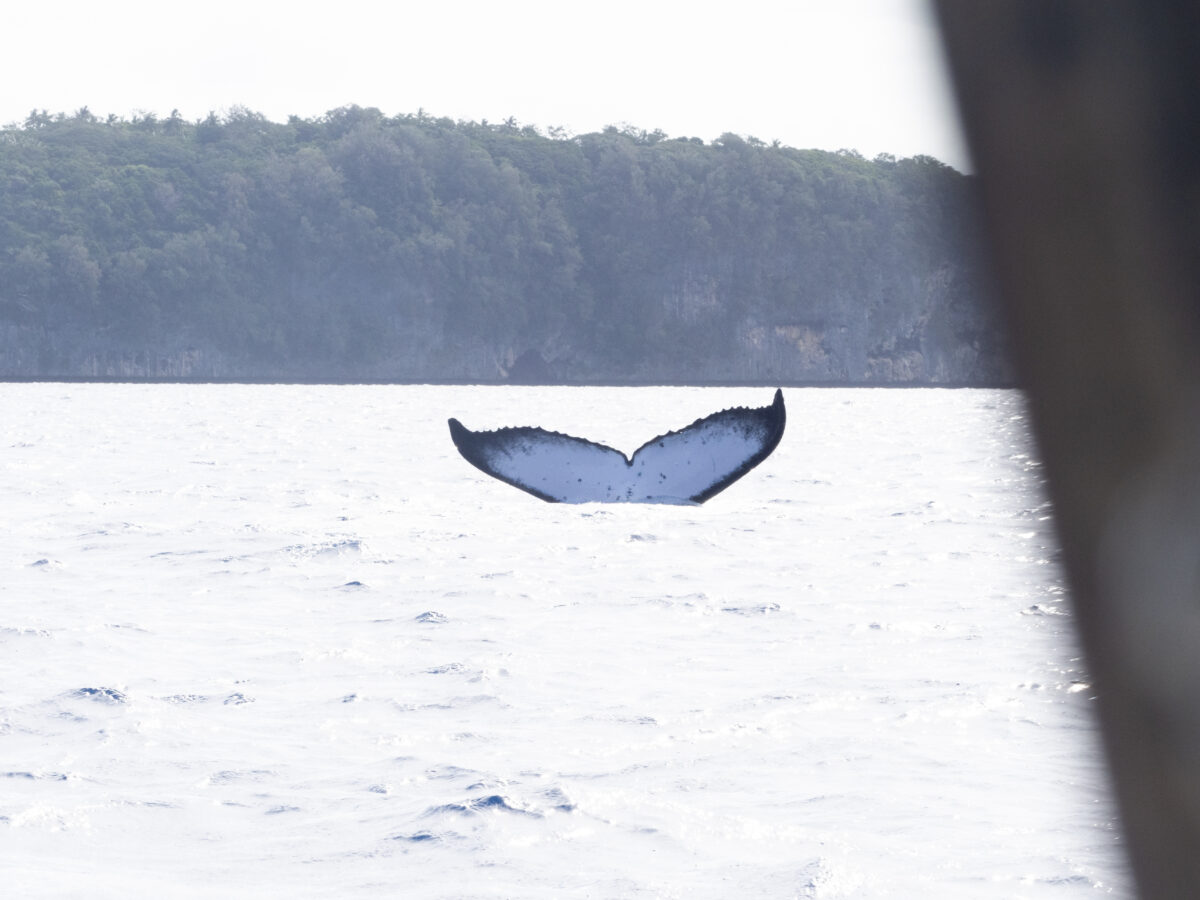
We also spent an afternoon removing 57kg of rubbish from the local harbour by snorkeling around the jetties where we lived and uploaded the items collected to Tangaroa Blue‘s marine debris database to log the cleanup.
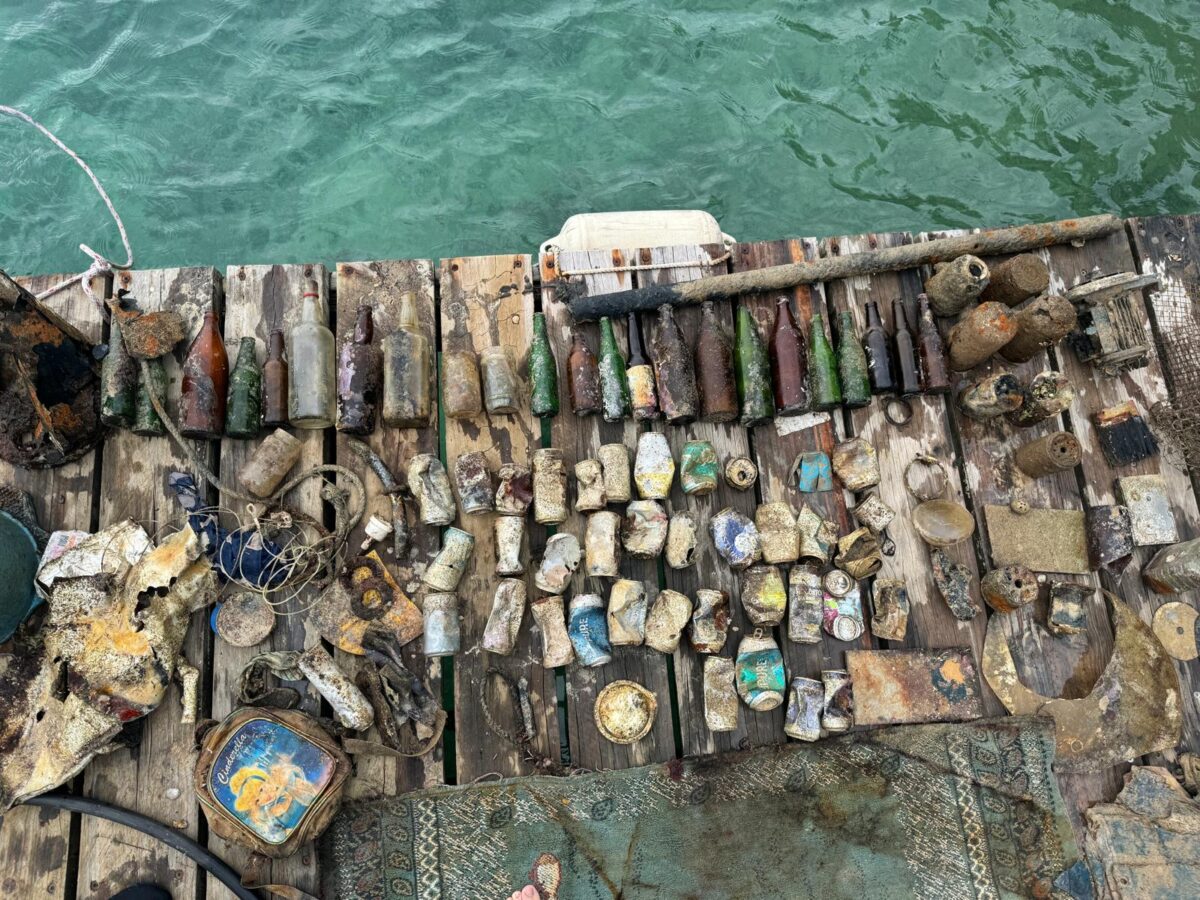
Another citizen science activity we engaged in was CoralWatch, a very simple yet very powerful project designed for documenting coral health across the planet. We took eager guests on a quick snorkel around bustling coral reefs during our lunch-time break on a jaw-dropping island and recorded the lightest and darkest colour any random corals had, as well as what kind of coral it looked like. If you do this a few times over a couple months / years, it helps scientists understand how increasing temperatures affect coral health on a much larger scale than any single scientific study could perform. The international database grows each day. If you’re interested in also contributing, they will send you a free slate anywhere in the world to join the cause.
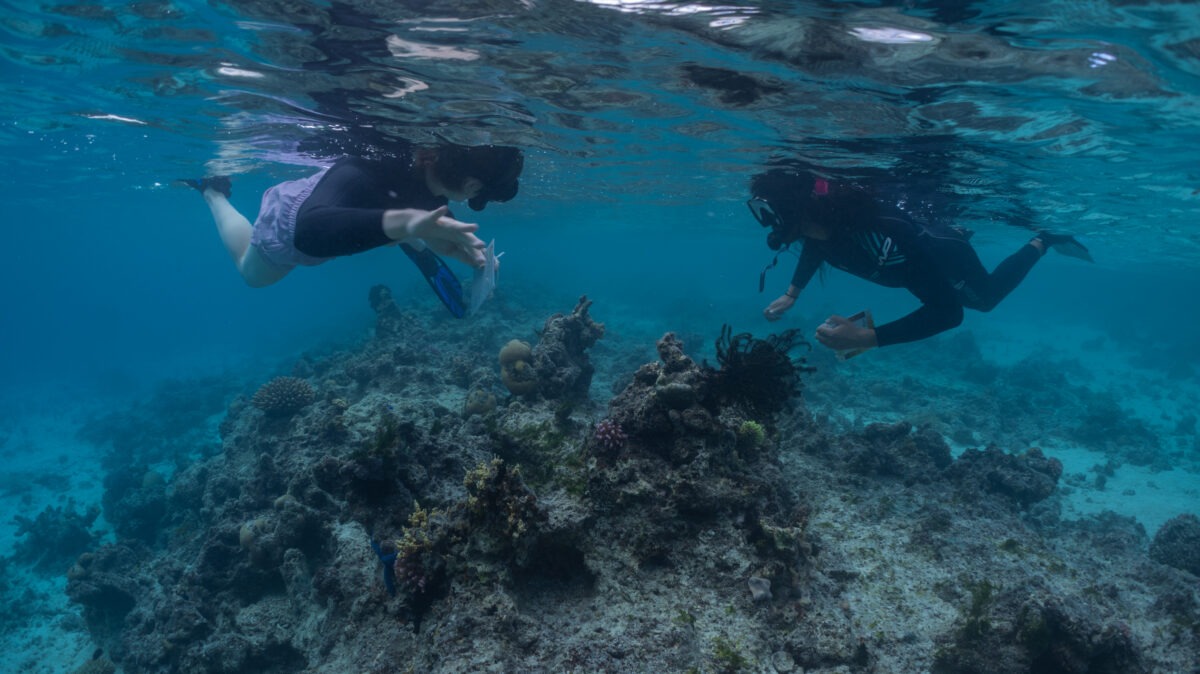
While we snorkeled around the place we made sure to photograph all marine life and upload it to inaturalist, as Swimming with Gentle Giants has a project documenting the biodiversity in this remote region of the world. It is very expensive for scientists to travel to places like Vava’u, so providing them with data through Eco-tourism seems like an easy win that provides very valuable and reliable information to them. How many animals can you spot below?! This was one of our horrible lunch spots we got to rest and relax at.
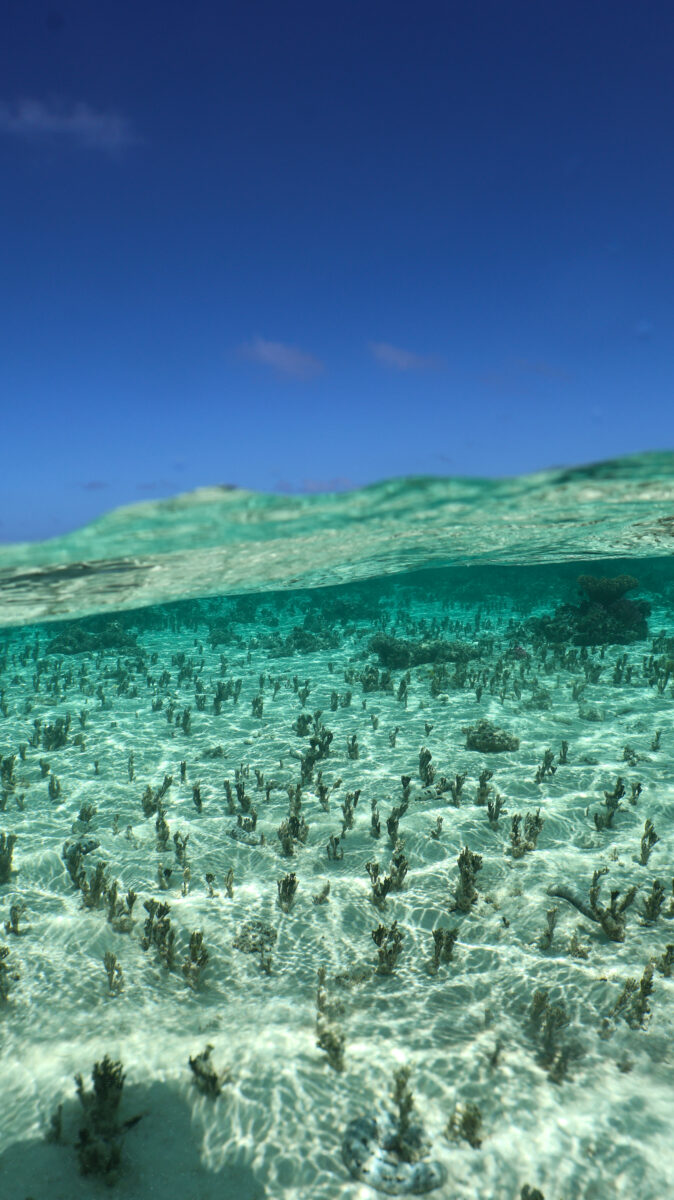
I want to thank Scott Portelli and the entire SWGG crew pictured below for hosting me on such a marvelous experience, I will not be forgetting about it any time soon. This includes Grant, Sara, Alice, Angel and Sophie (last year’s Scholar!). Your kindness, generosity, cooking abilities, photographic talents, and rigorous circuit regimes kept me sane and make me happy to call you all new friends. I hope to see you in the future in some other wild place!
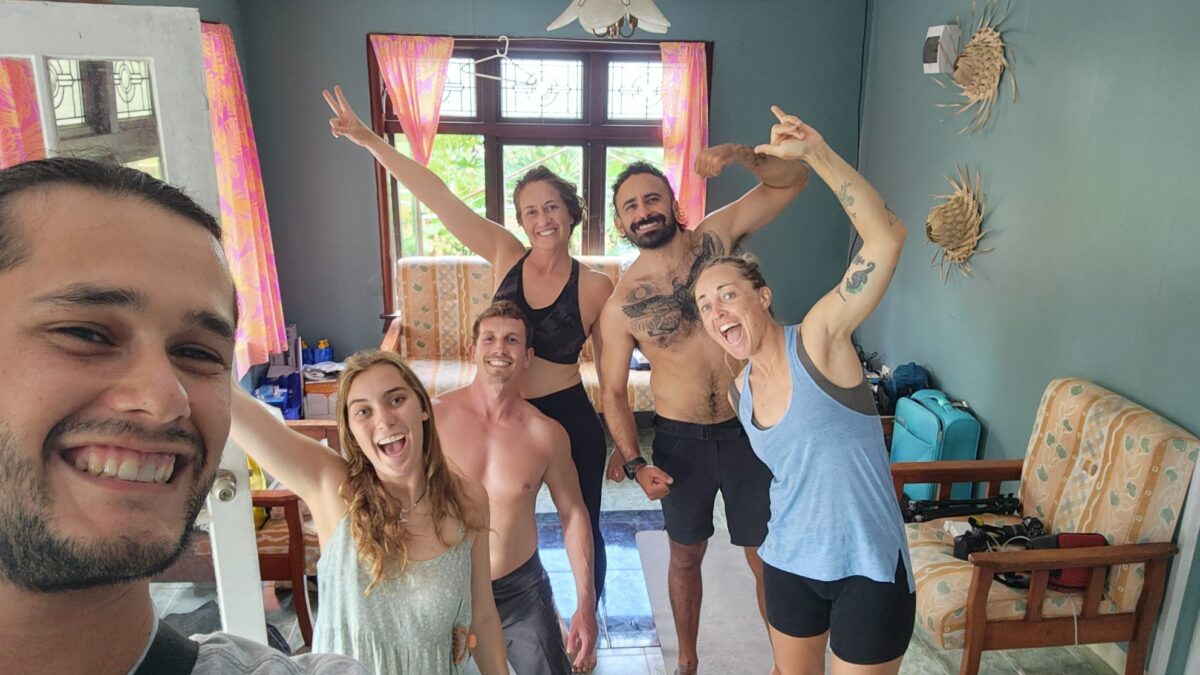
I want to thank the sponsors that make this incredible year possible including the Our World-Underwater Scholarship Society, Rolex, Tabatta Australia, TUSA, Waterproof, Mako Eyewear, the Fourth Element, and many more.